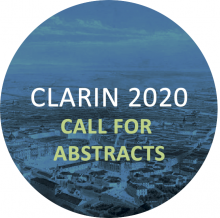The call for submission of extended abstracts for the CLARIN Annual Conference 2020 is open. Submission deadline (extended): 28 April 2020
News
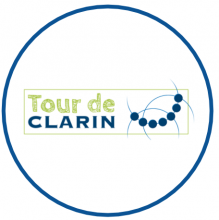
CLARINO is the common infrastructure for language databases in Norway, having an impact primarily on the Language Sciences, but also enabling substantial research potential in other SSH disciplines, as well as in industrial research and development, for instance through multilingual technologies.
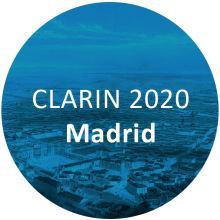
The CLARIN Annual Conference (CLARIN2020) will take place from 5-7 October in Madrid, Spain. Save the date!
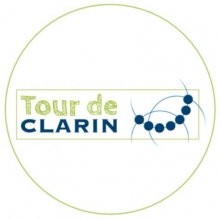
The CLARIN Knowledge Centre for Polish Language Technology (PolLinguaTec) aims to provide knowledge on the application of tools and systems for natural language analysis, especially Polish, within Digital Humanities and Social Sciences.
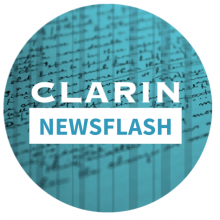
Read the most recent CLARIN Newsflash: December 2019 here
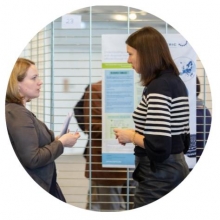
CLARIN is proud to have supported the LT4All event held within the framework of the 2019 International Year of Indigenous Languages
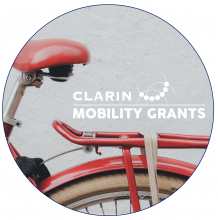
Applications are invited from researchers, developers and educators for the funding of short visits between representatives of CLARIN sites to collaborate on building and using the CLARIN infrastructure. Maximum grant: € 1.000.
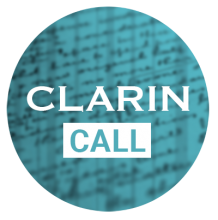
For 2020, a budget of €65.000 has been made available for participants in the CLARIN consortia to organize workshops by representatives of the national consortia.
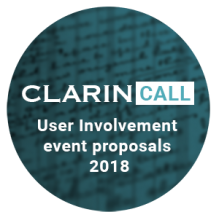
In 2020 a budget of € 30.000 is available for (co-)financing of CLARIN User Involvement (UI) events to be organized by representatives of the national consortia.
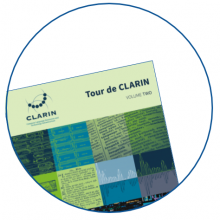
We are very happy to announce that the second volume of the Tour de CLARIN publication is now online
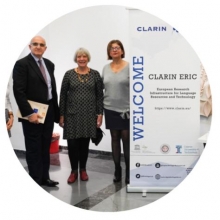
Since 1 May 2019, Cyprus has formally joined the European CLARIN infrastructure. The country is represented by the UNESCO Chair on Digital Cultural Heritage at the Cyprus University of Technology and on 3 December 2019 the kick-off of CLARIN Cyprus took place at the Bank of Cyprus Cultural

The Call for Papers for the 2nd ParlaCLARIN workshop to be held at LREC2020 in Marseille is open.
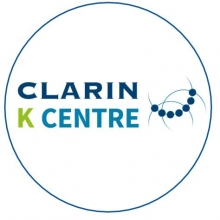
The new centre is designed to support researchers doing research on language and communication disorders, second and bilingual language learning and sign languages.
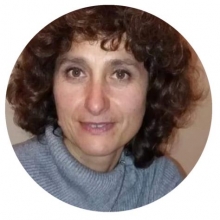
In this Tour de CLARIN blog post, we present an in-depth interview with Aneta Nedyalkova, who is an MA student of Bulgarian philology. Under the auspices of CLaDA-BG, she is working on an associative dictionary of verbal expressions.
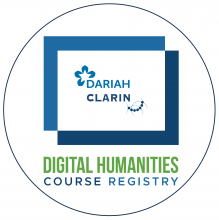
Lauch of the new interface and of the DH Course Registry (DHCR). The platform is a joint effort of two European research infrastructures consortia: CLARIN and DARIAH.
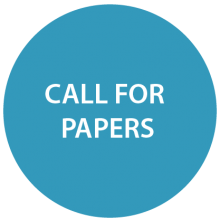
Call for workshop papers for the Workshop Twin Talks 2: Understanding and Facilitating Collaboration in DH is open.

Mikel Iruskieta is a computational linguist who is part of the Ixa Research Group and the Didactics of Language and Literature Department at the University of the Basque country. He has collaborated with the CLARIN IMPACT K-Centre, which has helped him and his colleagues digitize Basque texts.

CLaDA-BG regularly organizes seminars and dissemination activities that are aimed at presenting the infrastructure to researchers with backgrounds in the Humanities, such as history, ethnography, library science, and museology.

Read the most recent CLARIN Newsflash: November 2019 here
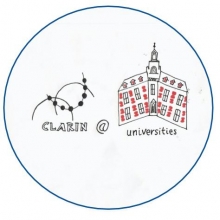
The Knowledge Sharing Infrastructure Committee of CLARIN organized a workshop on the experience of representatives from national consortia with the integration of CLARIN content into university programs.
